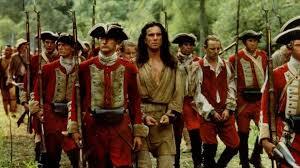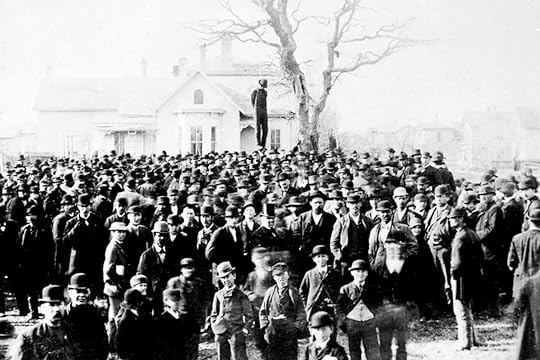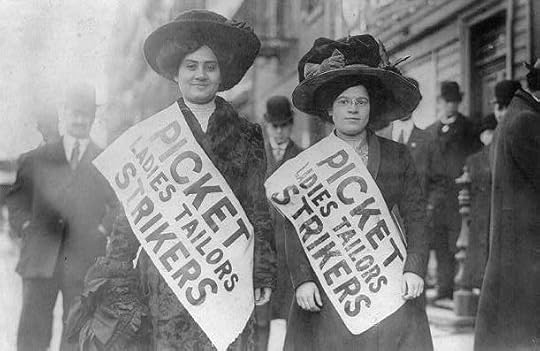What do you think?
Rate this book


729 pages, Paperback
First published January 1, 1980
"In a soldier's stance, I aimed my hand. At the mongrel dogs who teach. Fearing not that I'd become my enemy. In the instant that I preach."

When Emerson visited Thoreau in jail and asked, ‘What are you doing in there?’ it was reported that Thoreau replied, ‘What are you doing out there?’
a crime that really deprives us as well as the Cherokees of a country for how could we call the conspiracy that should crush these poor Indians our government, or the land that was cursed by their parting and dying imprecations our country any more?
Your honor, years ago I recognized my kinship with all living beings, and I made up my mind that I was not one bit better than the meanest on earth. I said then, and I say now, that while there is a lower class, I am in it; while there is a criminal element, I am of it; while there is a soul in prison, I am not free.
This gentleman, after seeing the patient, went with me into the parlour. There he began to walk about the room in some agitation, exclaiming, “A most extraordinary case! Such a one never happened to me before; I really do not know what to do!” I listened in surprise and much perplexity, as it was a clear case of pneumonia and of no unusual degree of danger, until at last I discovered that his perplexity related to me, not to the patient, and to the propriety of consulting with a lady physician!
Every gun that is made, every warship launched, every rocket fired, signifies in a final sense a theft from those who are hungry and are not fed, those who are cold and not clothed.
The American system is the most ingenious system of control in world history. With a country so rich in natural resources, talent, and labor power the system can afford to distribute just enough wealth to just enough people to limit discontent to a troublesome minority. It is a country so powerful, so big, so pleasing to so many of its citizens that it can afford to give freedom of dissent to a small number who are not pleased.
After the bombing of Iraq began with the bombardment of public opinion, the polls showed overwhelming support for Bush’s action [Bush Sr.], and this continued through six weeks of the war. But was it an accurate reflection of the citizen’s long-term feelings about war? The split vote in the polls just before the war reflected a public still thinking its opinion might have an effect. Once the war was on, and clearly irreversible, in an atmosphere charged with patriotic fervor … it was not surprising that a great majority of the country would declare its support.







a biased account, one that leans in a certain direction. I am not troubled by that, because the mountain of history books under which we all stand leans so heavily in the other direction - so tremblingly respectful of states and statesmen and so disrespectful, by inattention, to people's movements - that we need some counterforce to avoid being crushed into submission.And Zinn's right: I remember dismissing my high school textbooks out of hand because they were so clearly biased that I felt immediately that they couldn't be trusted. The problem is that although Zinn is philosophically opposite, the effect is the same. Anyone who's not already inclined to agree with Zinn will find it all too easy to dismiss his entire book, which means that A People's History is doomed to do its preaching only to the converted. Top reviews of it on Goodreads tend to be five stars or one, divided by whether the reviewer already agreed with Zinn or not.
